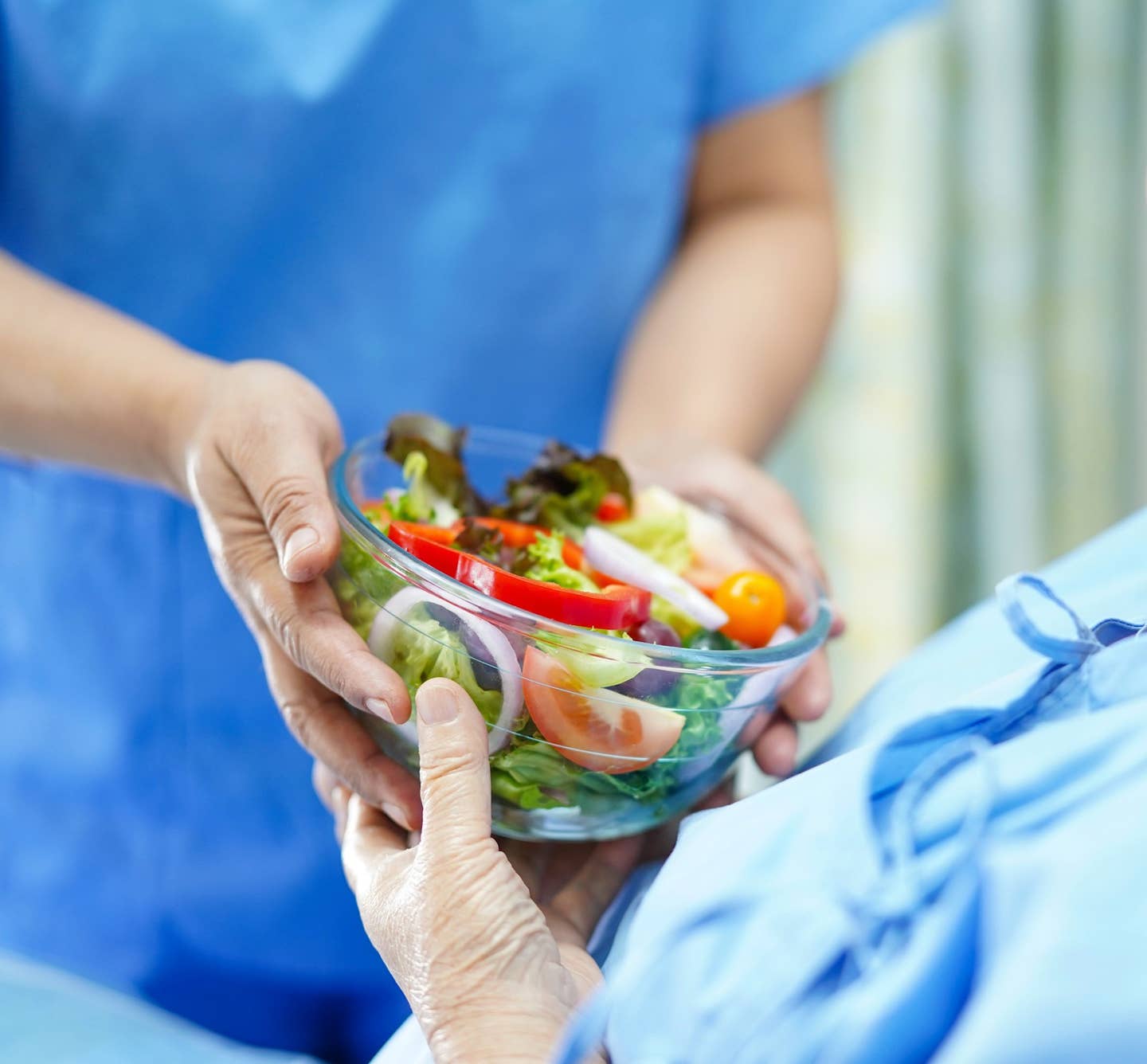
San Francisco to Reduce Meat and Dairy Served in Hospitals and Jails
As the world turns its attention to the risk of eating meat, the city of San Francisco plans to reduce the consumption of animal products in city jails and public hospitals.
The City Board of Supervisors passed this vote last week stating: “Jails must reduce purchases of animal products by 50 percent in 2024, and public hospitals, including Zuckerberg General and Laguna Honda, must reduce animal product purchases by 15 percent in 2023," according to San Fransico Weekly.
There is a growing body of scientific evidence that eating less meat and dairy reduces the risk of heart disease, type 2 diabetes, hypertension, obesity, and other harmful health conditions. Yet, hospital food served to patients routinely still contains these products, and doctors are finally beginning to push back. One such doctor, Saray Stancic, MD, made a documentary about the urgency to switch hospital food to plant-based for the health of patients and doctors alike, Code Blue, which chronicles her struggle to get hospitals to get rid of fast food in the offerings to visitors and meat and dairy from patients' trays.
In fact, fast-food restaurants like McDonald's, Burger King, Wendy’s, and Chick-Fil-A are hosted in some hospitals and advertise throughout the buildings, increasing the cravings for unhealthy food to the most vulnerable people: The sick and their families who are worried sick. Fast food has always had to fight against the reputation that it preys on poor neighborhoods with inexpensive food, but to be in hospitals is a step too far for most medical professionals who try to get their patients to eat healthier for future risk reduction.
“People will look back in 20 years and say, ‘Wow, I can’t believe that we were eating all this meat,” says Sandra Lee Fewer, who is a member of the SF Board of Supervisors.
The new law awaits Mayor London Breed’s approval and signature before it can be law.
Consumers are becoming aware of the risks of saturated fat in real meat and choosing plant-based products in record numbers. Years from now people will see serving meat in hospitals as akin to smoking in hospitals, Dr. Stancic says. "They used to let you smoke in hospitals," she points out. "Now that is absurd! Once we knew better we realized this was unacceptable and we banned smoking in health care settings." Meat is the next step, adds Stancic, an infectious disease specialist. She wants doctors to be models for patients, and skip the fast food themselves. Unless hospitals and the medical community pave the way, it's harder to tell patients to eat a whole-food plant-based diet for their health and then fo to the Burger King in the lobby. The San Francisco law would be a positive first step.
Three months ago, The Beet reported on a new survey that revealed: “nearly one-quarter of all Americans are eating more plant-based foods now, during the COVID-19 crisis.” In addition, consumers are spending less money on beef and reaching for safe alternatives. As of three months ago, sales of meatless meats jumped 35 percent and we can expect a steady rise as the interest of plant-based products and living pique.
So what motivated supervisors in San Francisco to take action and make a difference? Protesting for animal rights and environmental protection during the pandemic has “urged the city to use its purchasing power to advance those causes.” Advocates make notice, "this is a first-of-its-kind policy in the U.S," according to a press release.
The prison population has been hard by COVID-19, and reducing inflammation through a mostly plant-based diet is one way to stay healthy and minimize the risk of severe symptoms of the infection. The less animal product and the more plants someone eats, the healthier they are likely to be and their immune system is the best defense against this and any virus.
More From The Beet






